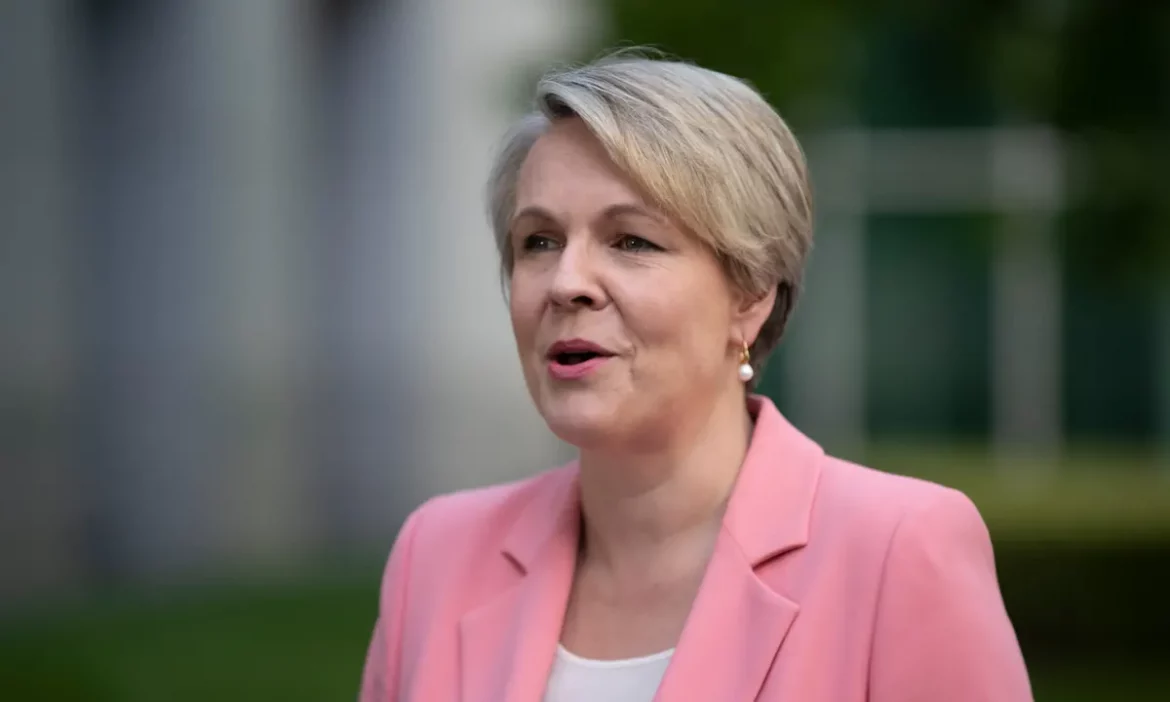Campaigners have urged Australia to take a leadership role at the Cop15 biodiversity summit that is scheduled to hold this week in Montreal, Canada as negotiators aim to reach what has been described as the natural equivalent of the landmark Paris agreement on climate change.
Countries are expected to meet for the biodiversity summit from 7 December to work on a new framework agreement to end biodiversity decline and campaigners say if successful it should result in the global destruction of nature being halted and reversed to the extent that wild areas and habitat for threatened species start to increase in size between now and 2030.
After earlier rounds of negotiations ended in an impasse, there are growing concerns that an agreement might not be reached or its targets and goals will not be as strong as hoped.
The Albanese government enters the summit having joined the more than 90 countries to have signed the global leaders’ pledge for nature to ensure business accounts for the impacts it has on nature by making nature-related financial disclosures and has also committed to domestic targets of zero new extinctions and protecting 30% of Australia’s land and sea areas by 2030.
Read also: Floods: SERAP sues Buhari over failure to probe missing ecological funds
Australia is one of only two megadiverse, developed countries in the world together with the US, which is not a signatory to the Convention on biological diversity. Thus, campaigners believe this put Australia in a unique position as a wealthy, megadiverse nation that should be committing to ambitious targets and stronger resourcing of conservation actions.
Kelly O’Shanassy, chief executive of the Australian Conservation Foundation said that Australia’s leadership is critically important because the country has an abundance of nature and those abundant species aren’t found anywhere else.
James Trezise, conservation director at the Invasive Species Council, said that funding for conservation, including increased finance from developed countries to help poorer countries protect and restore biodiversity, would be a focal point of the talks, adding that Australia’s budget for conservation had experienced large cuts since 2014 and the government would need to “step up” in resourcing some of the commitments it had made.
Story was adapted from the Guardian.
